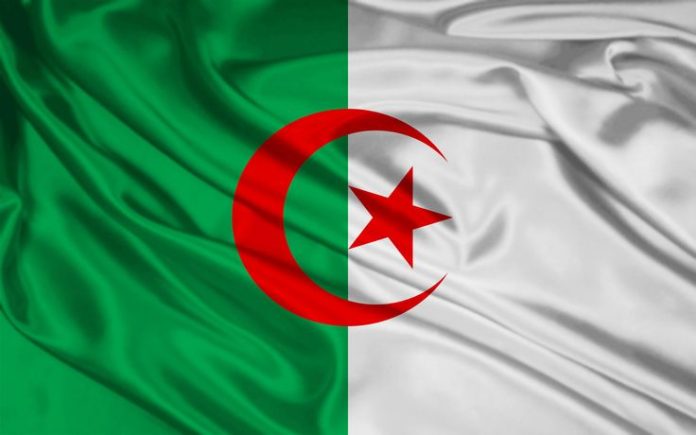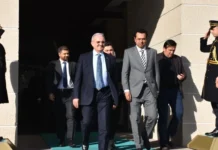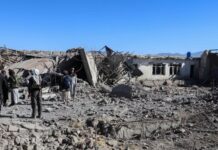 https://twitter.com/home https://www.facebook.com/Shabbir.Hussain191
https://twitter.com/home https://www.facebook.com/Shabbir.Hussain191By Shabbir Hussain
ISLAMABAD, Aug 5 (Alliance News): Algeria has emerged as a major force in Africa’s economic landscape, driven by its abundant natural resources, strategic location, and progressive investment reforms, according to information released by the Algerian Embassy in Islamabad.
With a Gross Domestic Product (GDP) of approximately $270 billion in 2024, Algeria stands as the third-largest economy in Africa. The country’s economic growth is projected at 3.8% for 2024 and 3.5% for 2025, primarily fueled by strong hydrocarbon exports and robust public spending.
Algeria holds vast reserves of natural resources, positioning itself as a regional energy powerhouse. It is one of the top producers of natural gas and oil on the continent, with proven reserves of 4.5 trillion cubic meters of natural gas and 12 billion barrels of oil.
These energy assets continue to underpin Algeria’s economy and its ability to invest in other sectors.
In addition to its hydrocarbon wealth, Algeria maintains substantial foreign exchange reserves, which are estimated at $70 billion. This financial stability enables the country to pursue large-scale development projects and attract international partnerships.
Agriculture has also become a vital pillar of Algeria’s economy. With fertile land and favorable climate conditions, the country produces agricultural commodities worth $38 billion annually.
This domestic output now satisfies more than 75% of the country’s food needs. Algeria is particularly focused on developing the agricultural potential of the Sahara region, attracting investments from Qatari, Italian, and Saudi firms aiming to cultivate vast areas of arable land.
The government has introduced a new investment law designed to attract both national and foreign investors. The law includes significant tax and customs exemptions ranging from 3 to 10 years, as well as legal guarantees that protect investor rights. These measures are part of Algeria’s broader plan to diversify its economy and reduce reliance on oil and gas revenues.
Algeria is also actively engaging with global energy giants to further develop its hydrocarbon sector.
Notable collaborations are underway with companies such as Italy’s Eni, American firms ExxonMobil and Chevron, and other international players.
These partnerships aim to modernize Algeria’s energy infrastructure, improve extraction technologies, and increase export capacity.
Infrastructure development is another area where Algeria has made remarkable strides. The country has expanded its network of highways, railways, airports, and seaports, facilitating domestic and cross-border trade.
One of the most ambitious projects under development is the trans-Saharan gas pipeline, which will span 5,000 kilometers from northern Algeria to Nigeria. This initiative is expected to enhance regional energy cooperation and support economic integration across Africa.
Algeria’s role in promoting intra-African trade has also expanded through its active membership in the African Continental Free Trade Area (AfCFTA).
The trade pact aims to establish a single continental market for goods and services, allowing free movement of businesspeople and investments. As part of its commitment to AfCFTA, Algeria is hosting economic conferences, exhibitions, and trade forums aimed at strengthening partnerships with other African nations.
In recent years, Algeria has increased its outreach across the African continent by deepening bilateral relations and supporting regional economic collaboration.
The country continues to leverage its strategic position in North Africa to become a hub for trade, logistics, and investment connecting sub-Saharan Africa, Europe, and the Middle East.
The Embassy of Algeria in Islamabad emphasized that Algeria’s ongoing reforms, combined with its vast resources and strategic ambitions, present immense opportunities for international investors and partners.
By prioritizing energy, agriculture, infrastructure, and regional integration, Algeria is not only strengthening its own economy but also contributing to the broader development of the African continent.






